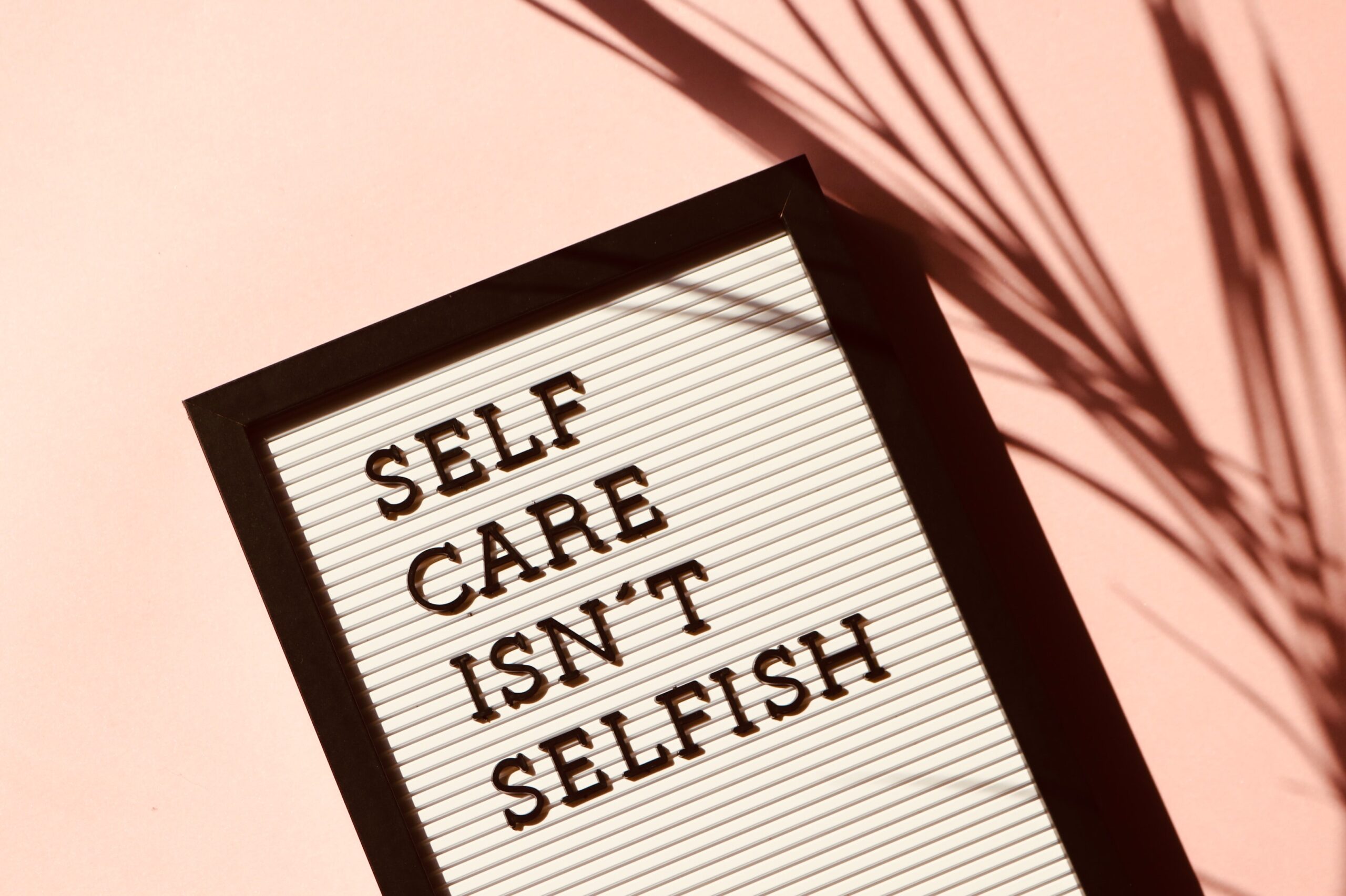As college and university students, it’s easy to get caught up in the hustle and bustle of academic life. With exams, assignments, and extracurricular activities, it can feel like there’s never enough time in the day to get everything done. However, while it’s important to prioritize academics and personal goals, it’s equally crucial to take care of one’s mental health.
The need for higher education students to take care of their mental health cannot be overstated. A survey by the American College Health Association found that over 60% of students felt overwhelming anxiety in the past year, and over 40% reported feeling so depressed that it was difficult to function. In the face of these alarming statistics, it’s clear that there’s a pressing need for students to prioritize their mental well-being.
Here are some tips for higher education students to take care of their mental health:
- Practice self-care: Self-care can take many forms, from taking a relaxing bath to practicing mindfulness meditation. Find activities that bring you joy and help you de-stress, and make them a regular part of your routine.
- Stay connected: Building a support network of friends, family, and professionals can help you cope with the stresses of academic life. If you’re struggling, don’t hesitate to reach out to a counselor or therapist for help.
- Manage your time: Procrastination and poor time management can contribute to feelings of anxiety and overwhelm. Make a schedule and stick to it, and don’t be afraid to say no to commitments that don’t align with your priorities.
- Stay active: Exercise is a proven mood-booster and stress-reliever. Find a physical activity that you enjoy, whether it’s going for a run, taking a yoga class, or playing intramural sports.
- Get enough sleep: Sleep is essential for both physical and mental health. Aim for 7-9 hours of sleep per night, and establish a consistent sleep schedule to improve the quality of your rest.
Taking care of your mental health is a long-term investment in your overall well-being. By prioritizing self-care, staying connected, managing your time, staying active, and getting enough sleep, you can set yourself up for success both academically and personally.
In conclusion, higher education students need to prioritize their mental health. By taking care of their well-being, they can reduce stress, improve academic performance, and cultivate a fulfilling and balanced life. Remember to take time for self-care, stay connected, manage your time, stay active, and get enough sleep. Your mental health is worth the investment.

Comments are closed